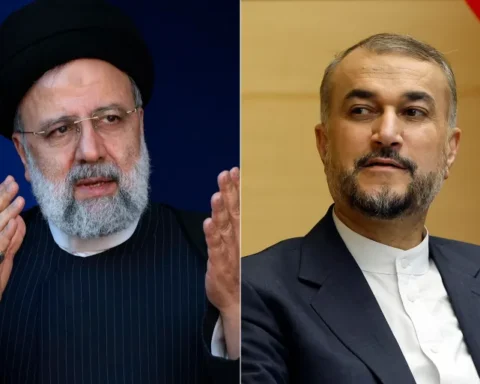Bloomberg: In September, the yuan accounted for almost half of the value of all currency transactions in Moscow. By comparison, it was 0.4% of all transactions in January 2022. China is currently the largest importer of fossil fuels from Russia, with coal shipments more than doubling since 2020. However, some experts and academics in Beijing believe that China gains little from its relationship with Moscow other than a new market for some of its cars, TVs and smartphones, and lower prices for Russian oil and gas. That raises questions about whether Beijing is betting too much on the Russian leader.
▪️ According to one European diplomat, there is an element of sibling rivalry in the dynamic between President Vladimir Putin and President Xi Jinping. This points to a time when the Soviet Union was considered the “big brother” in this relationship. That is no longer the case now.
▪️ For now, there is little Russia can do about the imbalance in the relationship. “Moscow badly needs cooperation with Beijing to keep its economy afloat,” says Alexander Isakov, an economist at Bloomberg Economics.
▪️ In the long term, Moscow needs Beijing to invest in production in Russia. Industries such as automobile manufacturing need help to fill the gap left by Western companies. Only eight of Russia’s 14 passenger car factories are operating. Smaller Chinese automakers are already producing cars in Russia, but two or three more large companies need to open assembly lines in Russia to bring production back to pre-conflict levels (about 1.4 million cars).
▪️ “The risk for China is that capital invested in Russia could lose its value if sanctions against Moscow are eased or lifted. Then Chinese manufacturers will again have to compete for market share with automakers from G7 countries,” Isakov said.
The entire article can be read at the link https://www.bloomberg.com/news/features/2023-10-16/china-russia-relations-will-xi-jinping-s-gamble-on-vladimir-putin-pay-off#xj4y7vzkg











